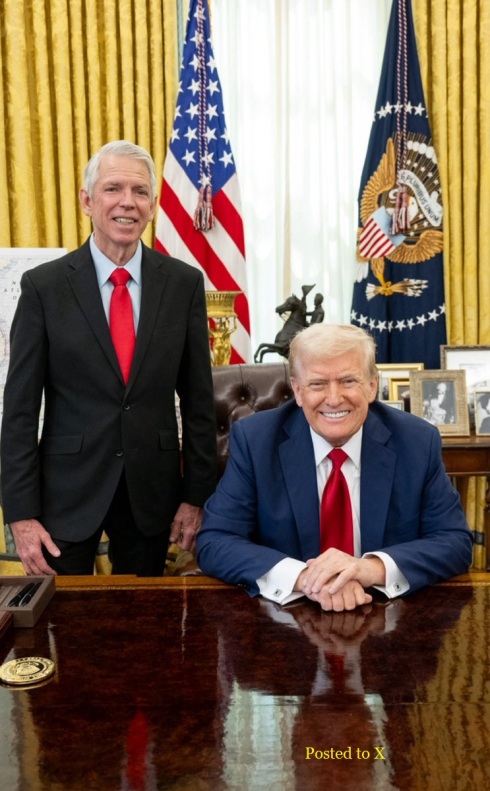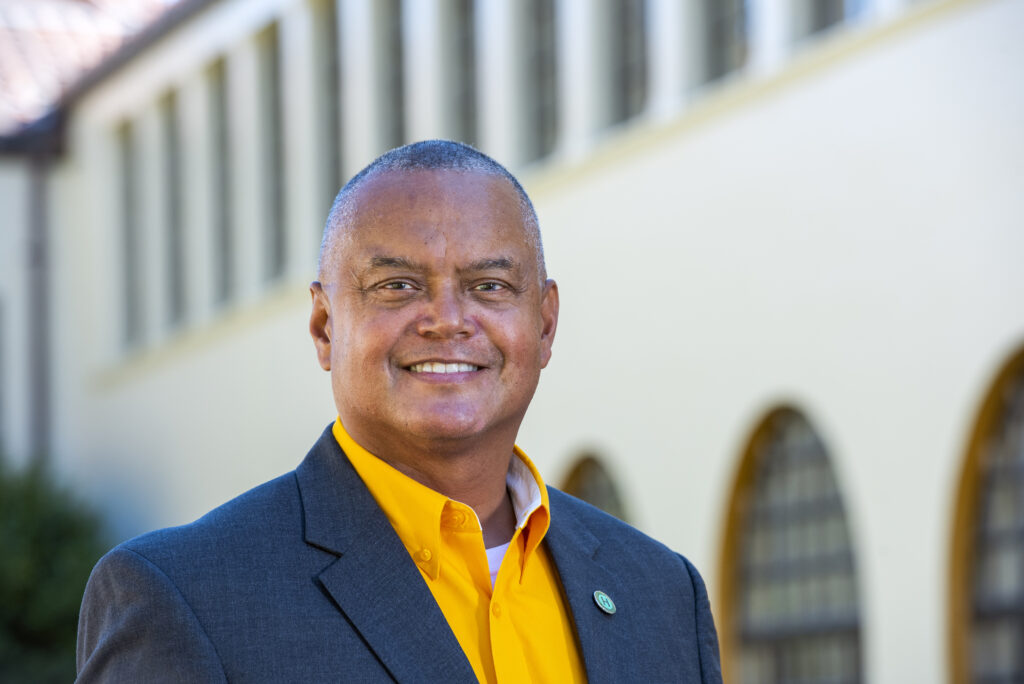In this post, Tom Ultican focuses on the advance of Christian nationalism. This is the belief that the U.S. is a Christian nation and that the Founders supported that idea.
In response to Christian nationalists, states are passing laws to require the posting of The Ten Commandments in classrooms, to allow public money to be spent in religious schools, to eviscerate separation of church and state, and to hire religious leaders to act as guidance counselors in public schools.
Separation of church and state has been an honored tradition in American life and law for generations. That separation protects the churches by freeing them from state oversight; it also protects the state by preventing religious zealots from interfering in the workings of government.
We are a nation of many religions. Freedom of religion is best protected by keeping the hands of the state far from all religious groups and to prevent religious groups from exercising state power.
Yet here come the Christian nationalists, eager to assert their control over the entire nation, over Catholic Churches, over Muslim mosques, over Jewish synagogues, over the many and diverse religions of our nation, as well as all those who are affiliated with no religion. .
The Constitution does not say that the U.S. is a Christian nation. It says in the First Amendment that there must be freedom of religion for all and that Congress must pass no laws establishing a state religion. The Constitution also says that there must be no religious test for those who hold public office.
If the Founders wanted the U.S. to be a Christian nation, they would have said so. They didn’t.
But we live in a New Age, one where Christian Nationalists are front and center.
Ultican writes:
Since 2024, Louisiana, Arkansas and Texas have passed laws requiring ten commandment posters in all classrooms. These kinds of laws come to us courtesy of a single Christian “bill mill,” Project Blitz. Dozens of other state bills in fidelity with Project Blitz’s proposed legislation were also passed. In 2021, they distributed 74 pieces of model legislation of which 14 passed into law including “Parental Review and Consent for Sex Education” and “Religious Freedom Day” promoting Mark Keierleber, reporting for The 74, wrote, “Among the architects of Project Blitz is the Barton-founded influence machine, WallBuilders.”
The WallBuilders home page claims to be, “Helping Americans Remember and Preserve the True History of Our Great Nation …” Unfortunately; it is in reality a propaganda site posting lies about American history in order to advance a Christian Nationalist agenda. Texas preacher and amateur historian, David Barton, founded WallBuilders and has become the most quoted man in the realm of Christian Nationalism. The organization’s name is an Old Testament reference to rebuilding the walls of Jerusalem.
The Speaker of the House, Mike Johnson, told an audience at the ProFamily Legislators Conference, which was being hosted by WallBuilders, Barton’s teachings have had “a profound influence on me, and my work, and my life and everything I do.” It is widely held that the Speaker is a Christian Nationalist. President Trump has cultivated their support. In March, he hosted David Barton in the oval office.

David Barton and Trump in the Oval Office this March
David Barton
Barton was born in Fort Worth, Texas. When he completed junior high, his family moved to the small Texas town of Aledo about 40 miles west of Fort Worth. After graduating third in his high school class, he attended Oral Roberts University, the evangelical Christian college in Tulsa, Oklahoma. Barton came to Oral Roberts on a math and science scholarship but ended up with a degree in religious education.
His parents started a Bible study group in Aledo which became a fundamentalist church and a K-12 school. David taught math and science, coached basketball, and became the school’s principal.
Barton became an amateur historian. In her first book, The Good News Club, Katherine Stewart claimed, “Pseudo-historian David Barton—a Texas-based darling of the Religious Right and founder of the Christian Nationalist organizations WallBuilders and the Black Robe Regiment—seems to have no problem fictionalizing the history.” (Page 67)
H“In a broader sense, Barton’s work is reminiscent of nineteenth-century historians like Charles Coffin and Parson Weems, scholars who wrote from an unabashedly Christian perspective at a time when there was no culture of objectivity among historians. Weems was best known for his biography of George Washington, in which he did his best to claim Washington for the Christians, despite his well-known reputation as a Deist. In a brief, credulous treatise called The Bulletproof George Washington, Barton resurrected an old Weems-era tale about the supposed divine protection of Washington during the French and Indian War.”
Nate Blakeslee in an article for the Texas Monthly observed:
In her second book, The Power Worshippers, Stewart noted:
“The historical errors and obfuscations tumbled out of Barton’s works fast and furious. Intent on demonstrating that the American republic was founded on ‘Judeo-Christian principles,’ Barton reproduced and alleged quote from James Madison to the effect that the Ten Commandments are the foundation of American civilization. Chuck Norris, Rush Limbaugh, Duck Dynasty star Phil Robertson, and countless other luminaries of the right recycled the quote in so many iterations that it has become a fixture of Christian nationalist ideology. Yet there is no evidence that Madison ever said such a thing.” (Page 133)
An NPR article from 2012 provides a good example of what Blakeslee and Stewart are writing about. While most of us learned that the Constitution was a secular document, Barton disagrees and says it is laced with biblical quotations:
‘“You look at Article 3, Section 1, the treason clause,’ he told James Robison on Trinity Broadcast Network. ‘Direct quote out of the Bible. You look at Article 2, the quote on the president has to be a native born? That is Deuteronomy 17:15, verbatim. I mean, it drives the secularists nuts because the Bible’s all over it! Now we as Christians don’t tend to recognize that. We think it’s a secular document; we’ve bought into their lies. It’s not.”
“We looked up every citation Barton said was from the Bible, but not one of them checked out. Moreover, the Constitution as written in 1787 has no mention of God or religion except to prohibit a religious test for office.”
In 2012, Barton’s bestselling book “The Jefferson Lies: Exposing the Myths You’ve Always Believed About Thomas Jefferson” was pulled by its Christian publisher, Thomas Nelson, because they “lost confidence” in the book. Senior Vice President Brian Hampton noted, “There were historical details — matters of fact, not matters of opinion, that were not supported at all.”
The 1792 Aitken Bible was the first Bible ever printed in the USA. Barton claims it was published and paid for by Congress. This was another one of his proofs that the United States was founded on Christian principles. The bible was not published by congress; it was published and paid for by printer Robert Aitken. At the time, there was an embargo on biblesfrom England. Responding to Aitken’s request, Congress agreed to have its chaplains check the Bible for accuracy.
From 1997 to 2006, Barton was vice chairman of the Texas Republican Party.

Barton Speaking at a 2016 Cruz Rally in Henderson, Nevada
The Henderson rally was hosted by Keep the Promise PAC which Barton was running. Besides Cruz, he was also joined on stage by Christian Nationalist pundit Glenn Beck. Barton maintains a relative low profile but his influence is massive.
The Christian Nationalists have a level of power in the Republican Party that is shocking.


